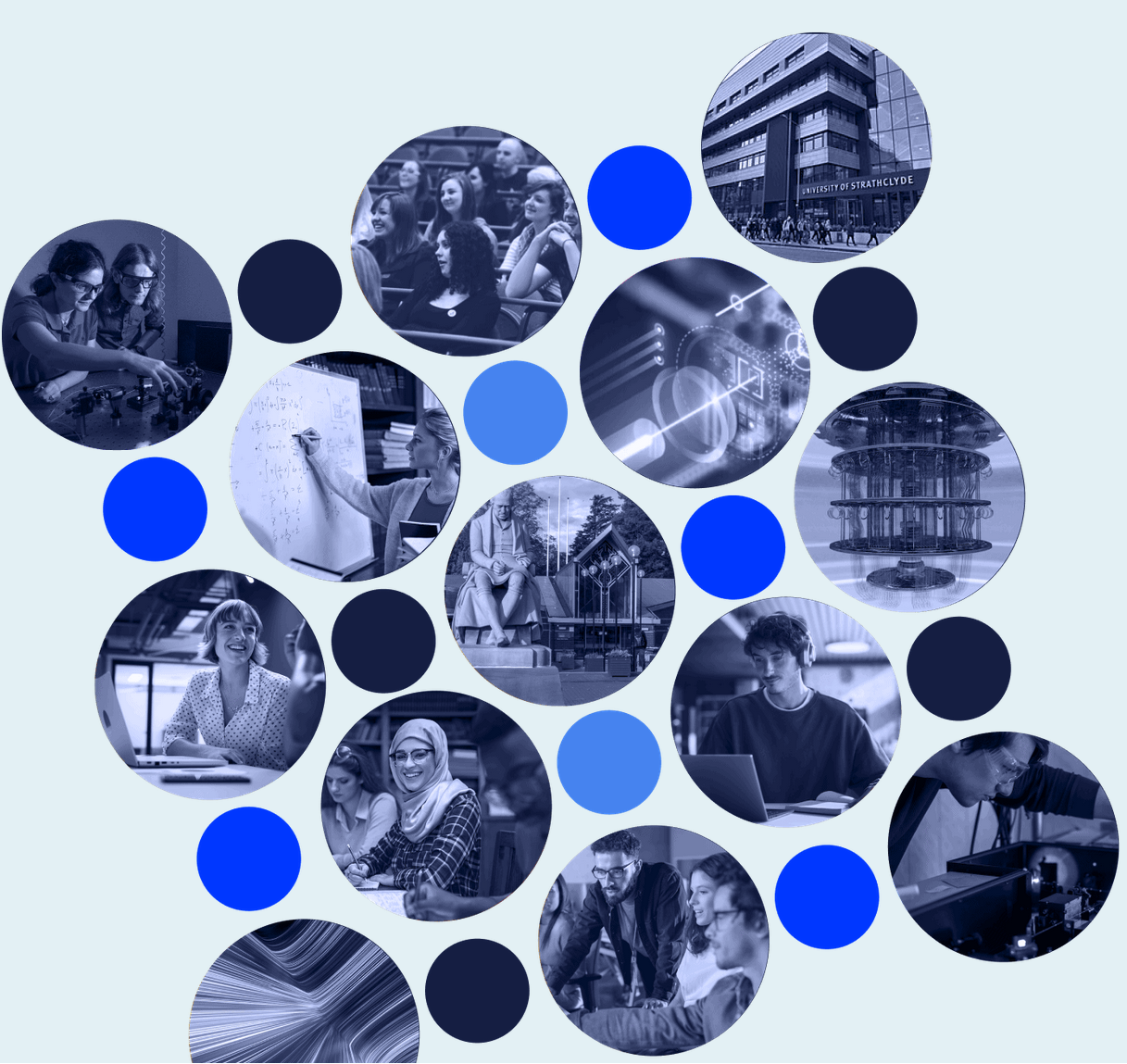About the EMQL
Our research focuses on the development of photonic quantum technology and its application to experimental quantum information processing—from foundational research to quantum communication, computation and metrology. Quantum technology is now on the brink of delivering devices that can surpass the capabilities of their classical counterparts. Photonics plays a key role in this quantum revolution, providing a scalable quantum processing platform in its own right, but also due to its unique ability to coherently connect other physical architectures. Our goal is to drive all facets of this development, from improving primary photonic capabilities to creating scalable hybrid quantum systems.

The EPSRC Centre for Doctoral Training in Applied Quantum Technology
- Posted OnSeptember 24, 2024
- By admin
We are happy to announce that Heriot-Watt and our lab in particular will be part of a newly funded UK doctoral training centre: the EPSRC
Read MoreSelected recent publications
In a collaboration with Mehul Malik’s BBQ lab at Heriot-Watt, we have in 2026 demonstrated a reconfigurable network based on multi-dimensional multi-party encoding. This paper just made it onto the cover page of Nature Photonics.
A highlight in 2023 was the demonstration of quantum key distribution over a 175 km fibre link with a telecom-converted quantum dot, published in Nature Communications. A crucial contribution in this work is that thanks to our collaborators at Strathclyde, we improved the rates achievable in a finite key regime by a whopping 8 orders of magnitude. Since then, we have further increased distances to more than 220 km by using decoy-state encoding. Essential reading for anyone working with non-ideal single-photon sources.
Quantum networking is high up on the EMQL agenda. We focus on networking protocols which derive a genuine advantage from multi-party entanglement. A major milestone in this direction was our 2021 Science Advances paper “Experimental quantum conference agreement” in which we generated secure conference keys from 4-party GHZ states transmitted over up to 50 km of telecom fibre.
For a list of all our publications, see here.



